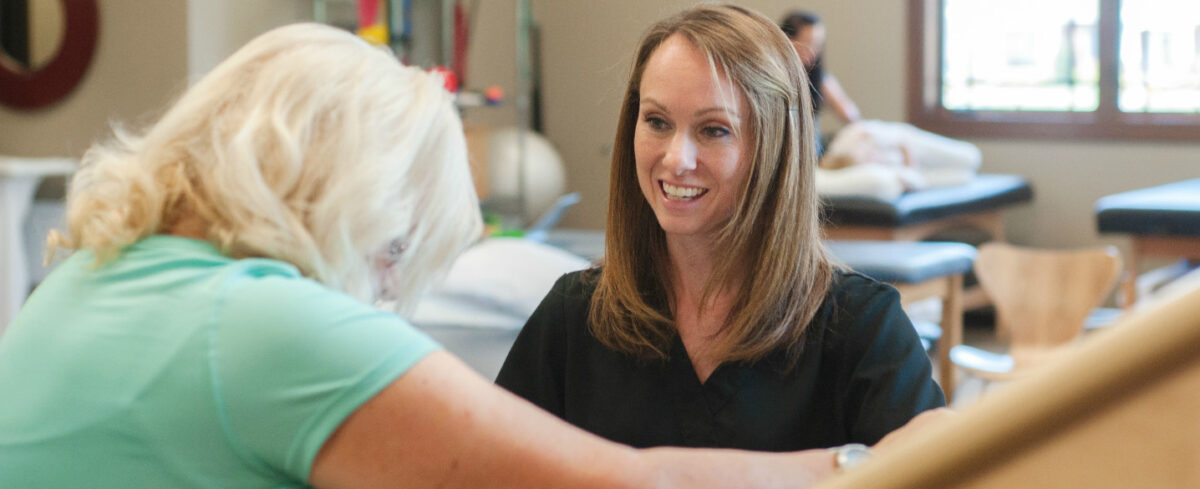Do You Pee Pee When You Hee Hee?
Do You Pee Pee When You Hee Hee?
By: Meghan Geary, PTA

Is it normal to pee just a little (or a lot) when I sneeze, cough, laugh or workout? NO!!
While urinary incontinence may be a very common occurrence among females, it definitely should not be considered normal or something that we just have to live with. Any woman (or man) regardless of age, race, profession, or child-bearing status may experience urinary incontinence. We hear about it most after having children, during or after menopause, during our period, while working out, while working in a profession where we have to “hold it” for long periods of time…the list goes on. My point is it’s not just limited to the more mature audience or new moms.
There are two different types of incontinence: stress and urge incontinence. Stress incontinence occurs when there is any increase in intra-abdominal pressure. This causes too much pressure on the bladder and pelvic floor muscles and they may not be ready. This can be anything from a cough, to laughing really hard, lifting a child in their carseat or performing a heavy lift during a workout.
Urge incontinence occurs when there is a strong sudden need to urinate resulting in leakage before making it to the bathroom. Urge incontinence can come from the muscles of an overactive bladder contracting with enough force to override the sphincter muscles of the urethra (those muscles that close the urethra).
Does this sound like something you’ve experienced? If so, there is help available! Yes, you can come to physical therapy to learn how to not pee your pants;-) It is possible your pelvic floor muscles just aren’t working properly. We are supposed to be able to contract the pelvic floor muscles (you may know this as a Kegel contraction) in order to close the urethral sphincter. This contraction also tells the bladder to stop trying to contract causing an unwanted release of urine.
The flip side of this is we are also supposed to be able to relax these muscles in order to allow urination to occur. This process is based on a reflex we can control – when we contract the pelvic floor muscles, they send a signal to your brain that then sends a signal to your bladder telling it to STOP! Likewise, when you sit down to pee, your pelvic floor muscles relax telling your brain it can now let the bladder release.
There is much more that goes into this process than just performing Kegels every day and that’s where we come in! We can help you make sure your muscles are working properly, gain the strength you need or help with bladder retraining and behavior modifications that may be contributing to the issue. You are not alone in this and don’t let this be your “normal.” Call High Pointe today to schedule an evaluation and begin your road to a new normal!
